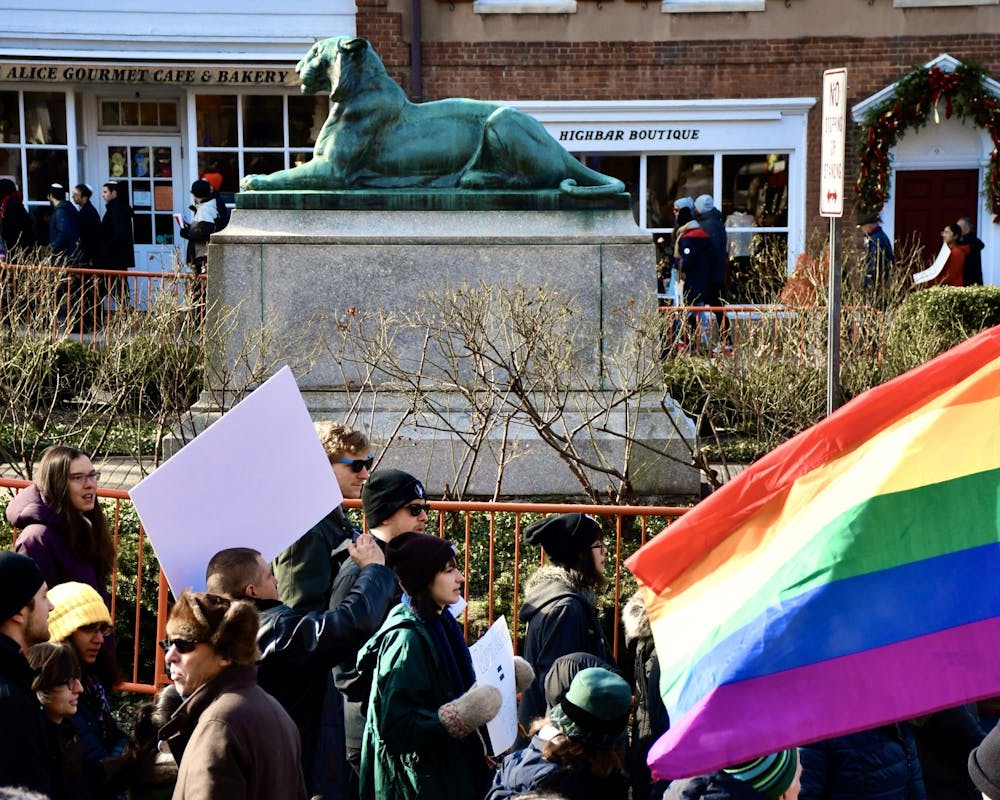“It is humiliating to have to rely on people who do not respect you.” Taken from a New York Times article, this quote regarding a queer student’s experience after returning home to an intolerant family represents the feelings of a significant portion of the LGBTQ+ community during the pandemic.
Amid the University’s decision to remain online for the fall semester, we have all had to swallow the difficult pill that this year would be far from the norm. However, there are students who have been neglected by the administration: those who are dealing with unbearable family situations as well as the consequences of the virus. One particularly hard-hit group in this batch of students are queer students, who often have extremely toxic relationships with their families even without the burden of a pandemic.
Without the refuge a physical institution provides, these students are stuck at home, feeling lonely, unsure of themselves and their identities, and longing for contact with those who accept rather than condemn.
The University’s current emergency housing policy — which grants housing primarily on the basis of financial situations — has driven me to question whether they've considered the other factors and circumstances in housing that can create intolerable situations for LGBTQ+ students.
In the spring, as several queer students were left at a loss due to unwelcoming parents and an unaccommodating university, I wondered if Princeton simply didn‘t have the resources to provide this level of support.
Following the news of the Undergraduate Student Government’s Lawnparties budget of $80,000, however, it became clearer than ever before how far my assumption was from the truth. Princeton is a 274-year-old institution that has been around before the very founding of this country. It has survived both world wars and every major financial crisis.
Despite the fact that the University has established an off-campus budget, not everyone is able to take advantage of that opportunity. Parents are often reluctant — especially during a pandemic — to let their children reside anywhere that isn’t at home or on campus. Therefore, I’m proposing two solutions to this housing issue: make securing on-campus housing less dependent on financial situations, and increase the accessibility of dependency override for the student body.
As an institution committed to admitting students from diverse backgrounds, Princeton has to be equally committed to ensuring their success. Many parents of queer students are often painfully aware of the leverage they possess, with their child’s ability to complete their education contingent on their willingness to provide financial support. Without financial aid, Princeton costs roughly $74,000 yearly, and that just isn’t possible for students to pay without receiving assistance from either the University or their parents. Hence, for queer students, it often becomes a question of which they will sacrifice: their identity or their education.

Given the consequences of selecting one over the other, that isn’t a choice anyone should be forced to make. Many students aren’t even aware that dependency override is even an option. When they are aware, they are often dissuaded by the complexity of applying for it. While it is typical to worry that this process could be taken advantage of, the reality is that no one will seek such an option unless they absolutely need it to remain emotionally and physically healthy.
I cannot fathom how increasing visibility for that option could ever pose a significant financial burden to an institution that would so readily give its student government $80,000 to spend on virtual Lawnparties, which many of our peers refer to as “glorified YouTube videos.” Although we are all very grateful for what they have done thus far, there’s a reality that must be faced regarding the power of the University to provide more resources for queer students, and their unwillingness to do so.
Kristal Grant is a first-year from Kingston, Jamaica. She can be reached at khgrant@princeton.edu.









